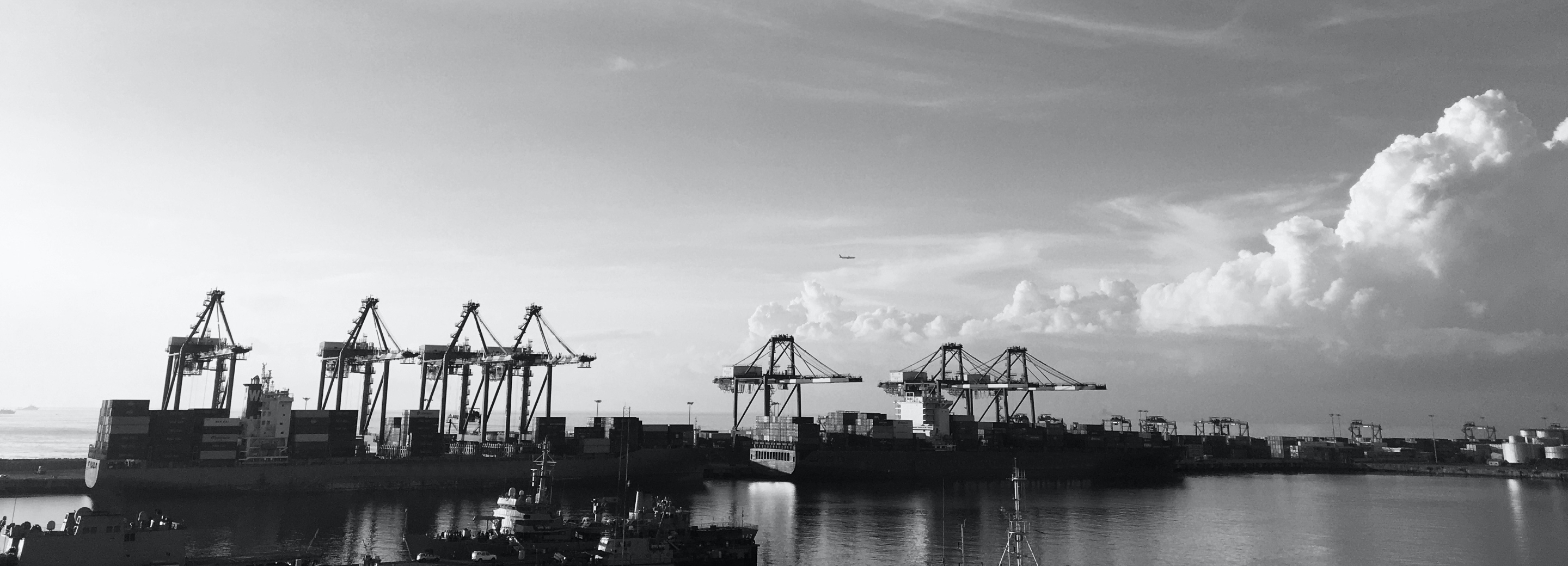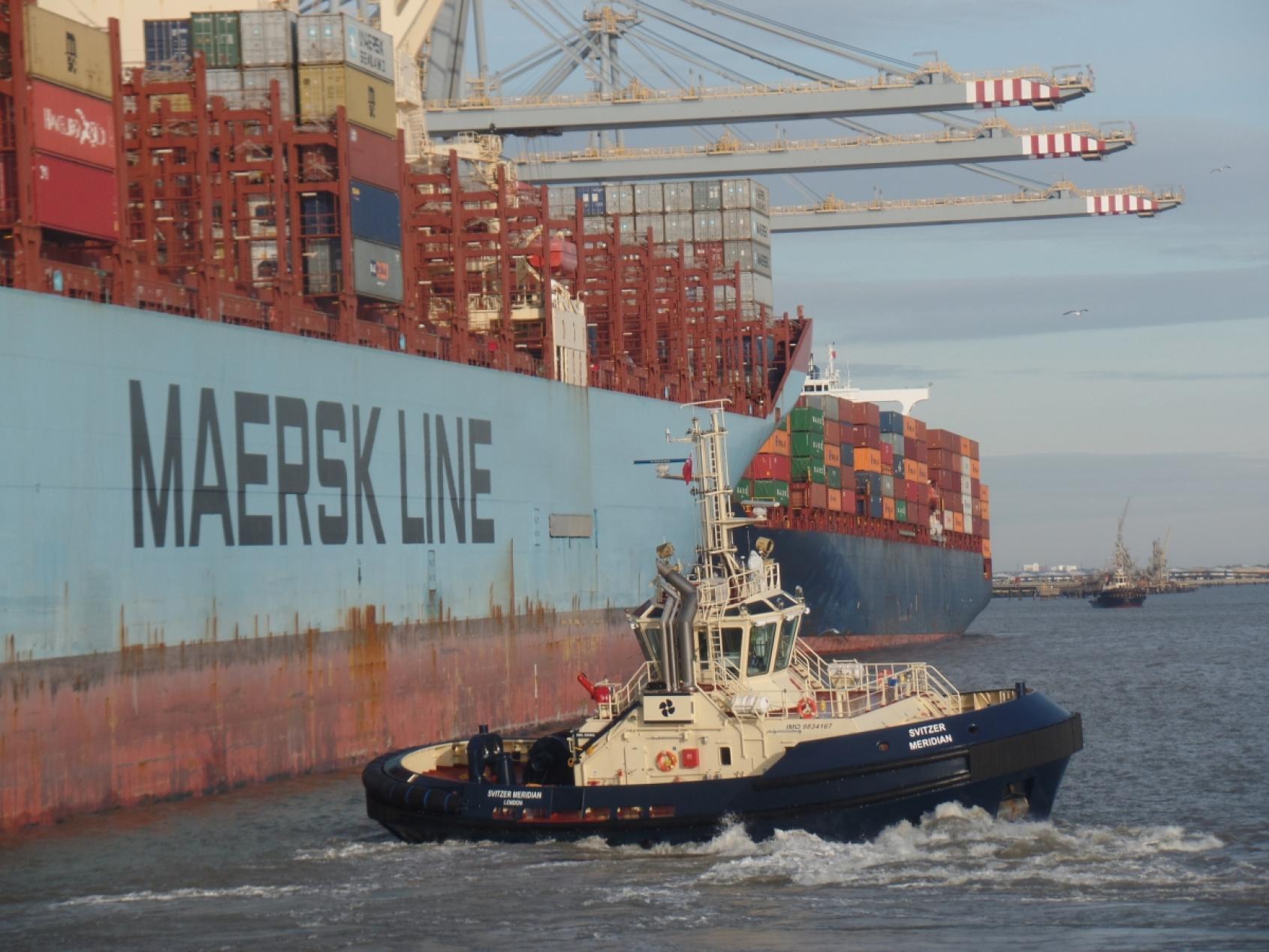
Unions have welcomed a strong rebuke of Maersk-owned Svitzer Australia by the Fair Work Commission after the court blocked the company’s planned lockout of its entire Australian workforce which was due to begin this Friday. The world’s biggest shipper is being urged to return to the negotiating table to agree a new pay deal for its tug workforce.
Svitzer Australia, whose tugs secure the safe departure and arrival of over 75 percent of Australian trade, had announced the lockout earlier this week to rachet up pressure on the workers as part of drawn-out bargaining over a new pay deal.
The crew, who are members of three ITF-affiliated unions – Maritime Union of Australia (MUA), the Australian Institute of Marine and Power Engineers (AIMPE) and the Australian Maritime Officers’ Union (AMOU) – have been negotiating with Svitzer for four years to secure a successor deal to an expired workplace agreement, meaning they have gone without any pay rise in that time.
“We welcome this decision from the industrial court in Australia. But it should not require a judicial slapdown to remind a Maersk subsidiary that they cannot engage in such destructive, winner-takes-all workplace relations,” said Niek Stam, acting co-chair of the Fair Practices Committee Steering Group – the ITF’s highest meeting of maritime unions.
"Locking out a workforce is not social dialogue; it is not ‘investing in human capital’. Locking out key workers who have sacrificed so much for the Maersk Group’s profitability through this pandemic and supply chain crunch is brand suicide.”
“When will Maersk rein in the lawyers and chest-beaters who are running their Svitzer Australia brand into the rocks? Tug crews are often called upon to be the emergency services of the sea – the first line of defence to rescue vessels in danger. But who will rescue the biggest shipper in the world from the idiocy of local tug managers tarnishing their brand?”
Stam said the Australian unions offered to halt industrial action until Christmas to allow negotiations to continue in good faith. The company’s response was the lockout.
Global unions united in shock at Maersk bad faith tactics
Meanwhile, the International Transport Workers’ Federation’s (ITF) Fair Practices Committee Steering Group (FPC SG) issued a statement on Thursday morning local time at its high-level meeting in Zagreb, Croatia.
“Our network of over 400 maritime affiliates and over 700 transport unions globally, stand ready and waiting to mobilise to support the Svitzer crew. We are united in our shock and dismay at the use of these tactics by a Maersk subsidiary,” said Dave Heindel, co-chair of FPC SG and chair of the ITF Seafarers’ Section.
“Speaking on behalf of my union, the Seafarers’ International Union, we have a positive working relationship with Maersk in the US, where get around the table to talk through issues and come to mutually agreeable solutions.”
“Even if each side doesn’t always get 100 percent of what we want, we engage with good faith and seek the best outcomes for Maersk employees and customers. Clearly such an approach has not been taken in Australia where Svitzer local management are straying so far from core Maersk values,” said Heindel.
Shipper failing obligations to uphold collective bargaining
A statement from the ITF Maersk Steering Group earlier this week began to ring alarm bells globally about the potential impact of Svitzer’s planned lockout.
The chair of that Steering Group, Karsten Kristensen, said “The lockout of crew undermines the collective bargaining process and Maersk’s own commitment to social dialogue.”
“Svitzer Australia has been undermining collective bargaining for some time now. In January, Svitzer applied to the Fair Work Commission to terminate the existing collective agreement that tug crew rely on, pushing all crew back on to the legal award minimums, slashing their wages by 47%, and reducing safety standards – including minimum crewing numbers.”
“How can statements made in Maersk’s ESG policies, in its Sustainability Report, and to shareholders in Copenhagen, be taken seriously when its Australian towage subsidiary is permitted to act in such glaring contrast?” asked Kristensen.
“It’s time for Maersk to practice what it preaches and live up to its values, by getting back around the negotiating table. These key workers deserve a pay rise. They deserve to be treated in good faith with Maersk values,” said the chair of the ITF Maersk Steering Group.
Notes:
- The FPC Steering Group statement is available here.
- ‘Svitzer Bosses On Strike – Refuse To Lift Ports Lockout Notice At Fair Work Commission’ (MUA, 16 November 2022)
- Svitzer refuses to put down weapons as union offers ceasefire (ACTU, 16 November 2022)
